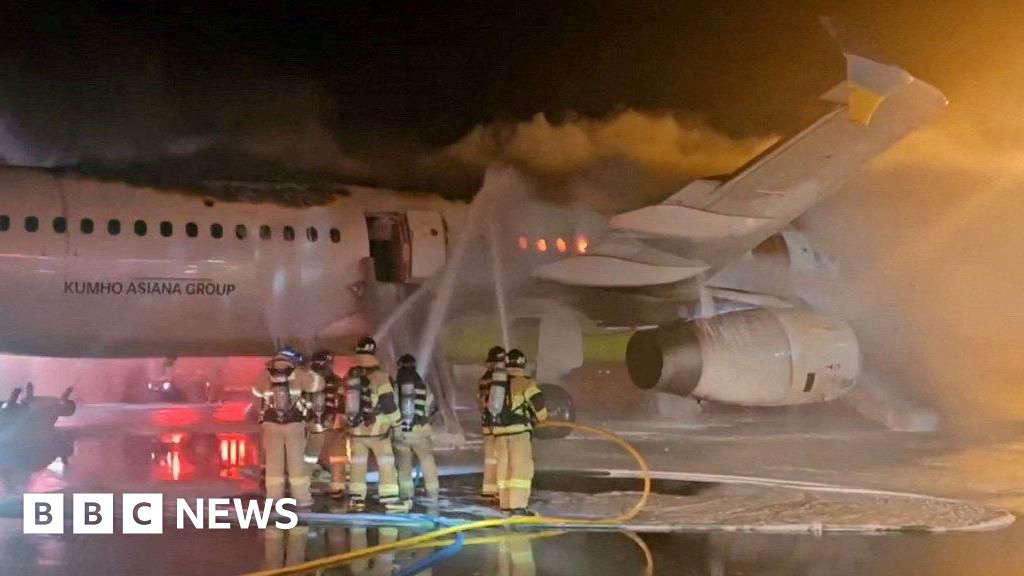WHO revises recommendations on lifesaving HPV vaccine — Global Issues
A single dose of the vaccine can provide comparable efficacy and protection as a two-dose regimen, the UN agency said, which could result in greater global access to the life-saving drug.
Cervical cancer is the fourth most common type of cancer in women, with roughly 604,000 new cases and 342, 000 deaths in 2020.
Preventing unnecessary deaths
More than 95 per cent of cervical cancer is caused by sexually transmitted HPV.
“Averting the development of the disease by increasing access to effective vaccines is a highly significant step in alleviating unnecessary illness and death,” WHO said in a statement.
The updated recommendations were published in a position paper, issued last week, and were initially made by WHO’s independent advisory group, known as SAGE, in April.
Decline in coverage
The position paper is timely, the agency said, as there has been “a deeply concerning decline” in HPV vaccination coverage globally.
Between 2019 and 2021, coverage of the first dose of vaccination fell to 15 per cent, representing a 25 per cent drop. As a result, 3.5 million more girls missed out on HPV vaccination in 2021 compared to 2019.
WHO now recommends a one or two-dose schedule for girls and women aged nine through 20, and two doses with a six-month interval for women 21 and older.
Protect more girls
The primary target of vaccination is girls aged nine to 14, prior to the start of sexual activity. The vaccination of secondary targets, such as boys and older women, is recommended where feasible and affordable.
The position paper also underlines the importance of prioritizing the vaccination of people with weak immune systems, such as those living with HIV.
Immunocompromised persons should receive a minimum of two doses of the HPV vaccine and, where possible, three.
“The optimization of the HPV schedule is expected to improve access to the vaccine, offering countries the opportunity to expand the number of girls who can be vaccinated and alleviating the burden of the often complicated and costly follow-up required to complete the vaccination series,” said WHO.
Countries are urged to strengthen their HPV vaccination programmes, expedite implementation, and reverse the declines in coverage.
Check out our Latest News and Follow us at Facebook
Original Source







